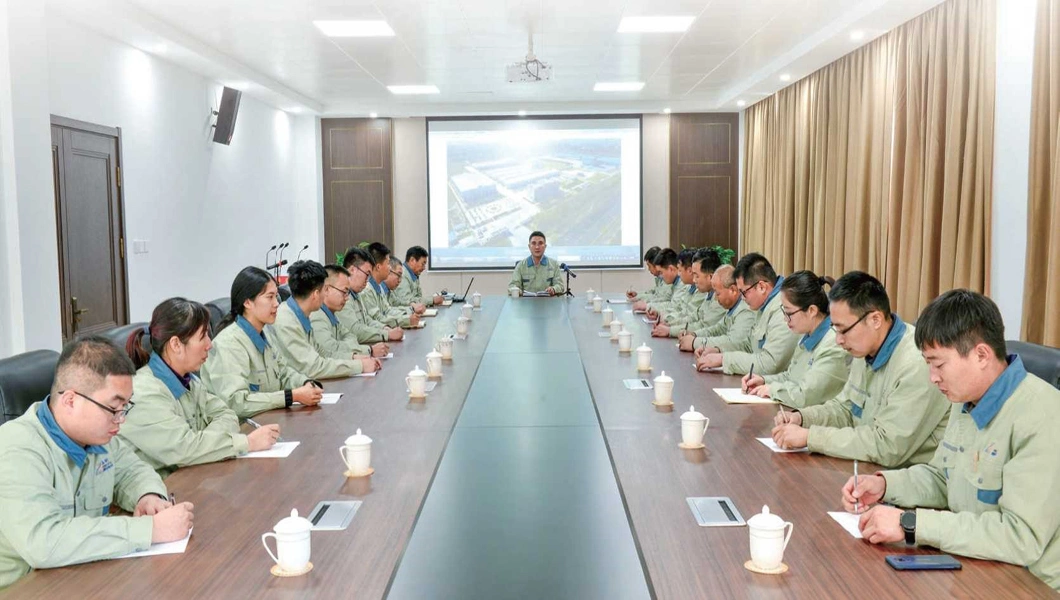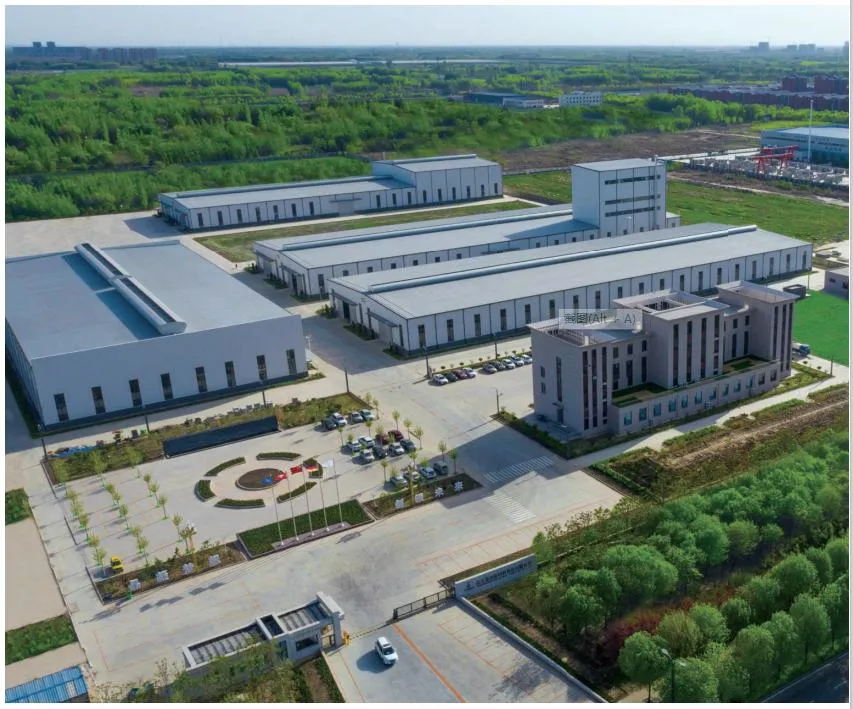

Black/White Color Polyester/Polypropylene Filament Spunbonded/Staple Fiber Needle Punched Nonwoven Geotextile for Filtration, Isolation, Reinformcement
Basic Info
| Model NO. | ASTM |
| Material | PP/Pet |
| Kind | Non-woven |
| Width | 1-6m |
| Length | Customized |
| Brand | Inno |
| Materials | PP/Pet |
| Fiber | Short Fiber and Long Fiber/Long Fiber |
| Transport Package | Woven Geotextile +Paper Rolls |
| Specification | Customized |
| Trademark | INNO |
| Origin | China |
| HS Code | 5602100000 |
| Production Capacity | 30000sqm/Per Day Depends on The Specification |
Product Description
1.SeparationThe separation function of geotextile is majorly used in the construction of roads. Geotextile prevents the intermixing of two adjacent soils. For example, by separating fine subgrade soil from the aggregates of the base course, the geotextile preserves the drainage and the strength characteristics of the aggregate material.Some of the applicable areas are:
- Between subgrade and stone base in unpaved and paved roads and airfields.
- Between subgrade in railroads.
- Between landfills and stone base courses.
- Between geomembranes and sand drainage layers.
- Lateral restraint through interfacial friction between geotextile and soil/aggregate.
- Forcing the potential bearing surface failure plane to develop an alternate higher shear strength surface.
- Membrane type of support of the wheel loads.
2. Railway Works
The woven fabrics or the non-woven ones are used to separate the soil from the sub-soil without impeding the groundwater circulation where the ground is unstable. Enveloping individual layers with fabric prevents the material from wandering off sideways due to shocks and vibrations from running trains.
3. Agriculture
It is used for mud control. For the improvement of muddy paths and trails those used by cattle or light traffic, nonwoven fabrics are used and are folded by overlapping to include the pipe or a mass of grit.
4. Drainage
The use of geotextiles to filter the soil and a more or less single size granular material to transport water is increasingly seen as a technically and commercially viable alternative to the conventional systems. Geotextiles perform the filtering mechanism for drainages in earth dams, in roads and highways, in reservoirs, behind retaining walls, deep drainage trenches, and agriculture.
5. River, Canals and Coastal Works
Geotextiles protect river banks from erosion due to currents or lapping. When used in conjunction with natural or artificial enrockments, they act as a filter.
How to install geotextile fabric
Let us show you how easy the installation is and provide a few useful tips along the way. In our example,
Step 1 - Prep the road surface
First, you will need to excavate the roadway to the desired elevation. Then fully compact your subgrade, making sure you have removed all air and tightened the soil completely.Step 2 - Unroll the reinforcement geotextile fabric
Roll the geotextile fabric on the compacted subgrade, making sure it's free of wrinkles and folds. Overlap your fabric as directed by the engineer. Cherokee can pre-sew the fabric for you if a stitch seam is required. Contact your Cherokee representative to get pricing on factory seamed rolls in a wider widths.Step 3 - Sew the geotextile fabric
This job required the fabric to be stitched on the job site. The fabric needs to be seamed with a dual thread lock stitch to prevent it from unthreading. We have equipment available for purchase or rental to do the stitching on the job. At the engineers discretion you can choose a prayer seam, j-seam, or butterfly seam. In this example we will be using a j-seam. We recommend doing two stitches on each seam to prevent any failure during installation.Step 4 - Apply Aggregate
Place your aggregate to the specified thickness, ensuring that no equipment drives directly on the engineered fill. Make sure the fill has reached full compaction before the final step.Step 5 - Lay Asphalt
Now that you have placed your subbase you are ready for your pavement layer (or layers depending on the project type).
Packages and Shipment
Nonwoven Geotextile is packed in the woven bags or follow your demand.Keep it away from moisture and fire!!!
Company Information
Name:Shandong innovative material technology Add:NO.6399 East tianqu road dezhou city shandong province Enterprise Culture:Takes R&D as center, innovation as driving force, market as orientation, and talents as foundation.Honor and certificate:Shandong Famous BrandCertificate of Inspection of Quality:CRCC CertificationEnterprise of Abiding by Strictly Contract and Being TrustworthyISO9001:2008 Quality Management System Certification; National Industrial Production License.
RELATED PRODUCTS










